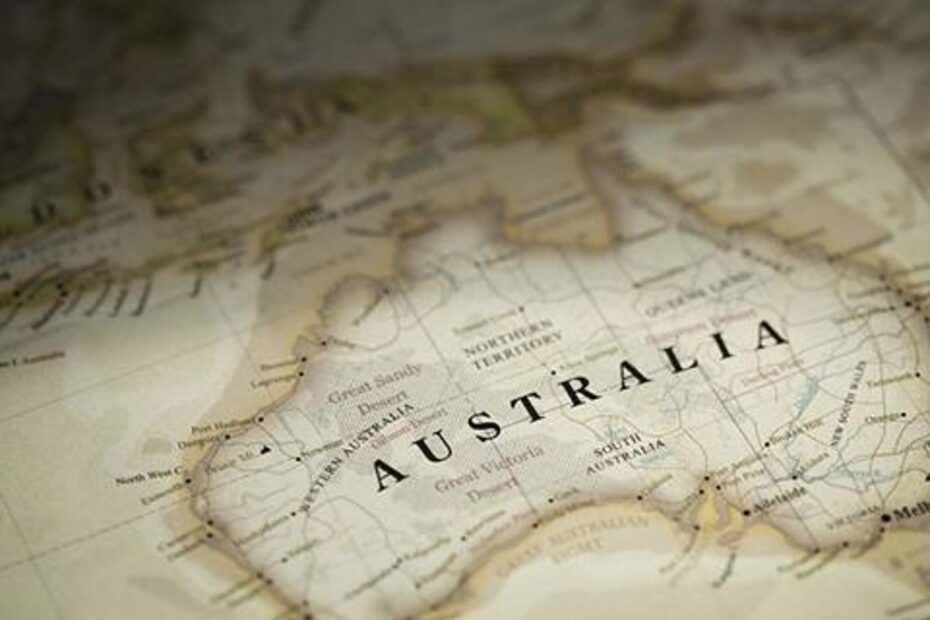The Rickerscote Prospect in Australia has been flagged for its potential as a ‘world class free helium and gas province’ by Whitebark Energy following independent review from Sproule ERCE.
Multiple wells in the Western Australia portion of the Officer Basin have encountered both hydrogen and helium.
The prospect has structure defined by seismic, access to a proven source being Radiogenic Mesoproterozoic granites and granitoids (likely the source for Amadeus and Cape Yorke hydrogen and helium) and thick seals (over 300m) of shallow marine mud rocks and evaporites (Halite/salt).
Director Richard King said, “The independent estimates of prospective resources made by Sproule ERCE validates our strong belief in the world-class potential of our acreage in the Officer Basin. Not only is it prospective for hydrocarbons but, in our view, is one of the best places in the world to test for conventionally reservoired natural hydrogen and helium. PELs 253 and 81 have the right rocks and the right amount of time for such a system to work.”

Source: Whitebark Energy
Along with the Warro gas project, about 200km north of Perth, the Southwest Queensland geothermal hydrogen hub aims to harness the earth’s geothermal energy to produce hydrogen.
Whitebark also holds 10% working interest in the Wizard Lake oil and gas field in the Canadian province of Alberta.
In June, German firm Siqens proved its hydrogen separation technology at CSIRO’s Hydrogen Technology Demonstration Facility (HTDF) in Victoria, Australia.
The findings could support efforts to separate helium and naturally occurring hydrogen, also known as geological or white hydrogen.
Both gases are often found together and need to be separated using specialist technology for hydrogen to be used as a fuel. For this project, Siqens used CSIRO’s test facility to demonstrate its electrochemical hydrogen separation rig.
